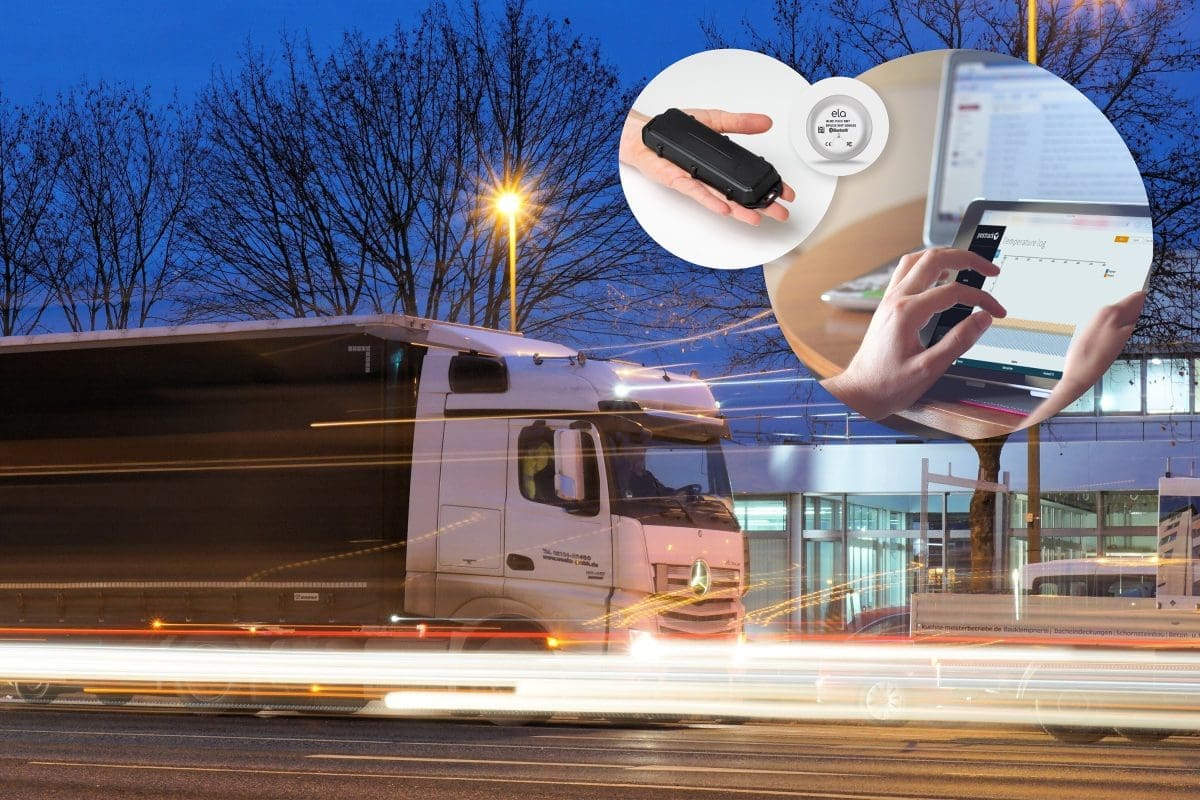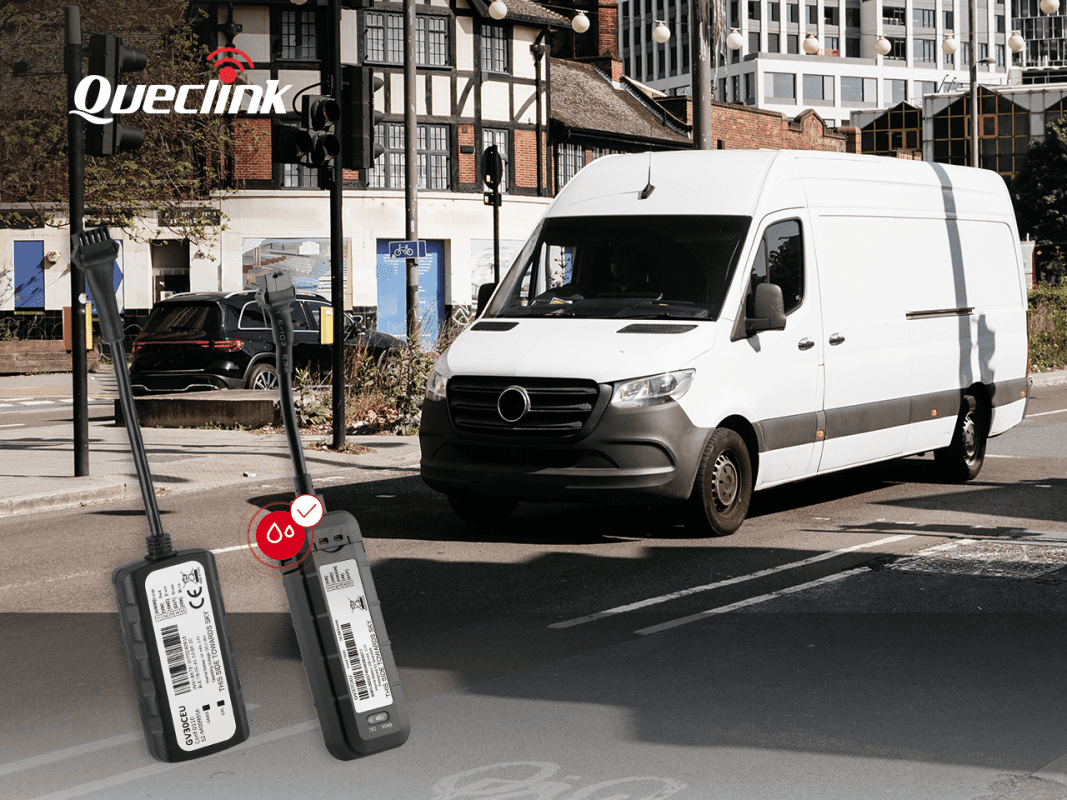- Shop All Documents + Bundles
- FORS V7.1 Document Bundle | Bronze (15 Policies)
- Transport Manager Compliance Pack (10 Policies)
- Transport Manager Compliance Pack (6 Policies)
- Health & Safety Policy Template
- Fuel, Emissions And Air Policy Template
- Operational Security Policy Template
- Serviceability And Roadworthiness Policy Template
- Road Traffic Collision Policy Template
- Counter Terrorism Policy Template
- Load Safety Policy Template
- Vehicle Routing And Scheduling Policy Template
- Driving Standards Policy Template
- Driving Hours Policy Template
- In Cab Technology Policy Template
- Passenger Safety Policy Template
- Complaints And Grievances Policy Template
- Drug And Alcohol Management Policy Template
- Hazard And Risk Identification Policy Template
- VOR (Vehicle Off Road) Policy Template
- Tyre + Wheel Policy Template
- Health & Eyesight Policy Template
- Transport Infringement Policy Template
- Walk Around Check (Defect Check) Tool Box Talk Template
- Transport Manager CV Template
- Social Media Policy Template
- Transport Manager Contract Template
- External Transport Manager Contract Template
- Driver Handbook
Electric vehicle charging infrastructure: help for local authorities

Electric vehicle charging infrastructure: help for local authorities
The transition to zero emission vehicles (ZEVs) will help the UK to meet our legally binding climate change targets. It will improve air quality in our towns and cities and support economic growth. It will also put us at the forefront of the electric vehicle (EV) revolution with many vehicles built in the UK.
In 2020, the Prime Minister announced that we will end the sale of new petrol and diesel cars and vans by 2030, with all new cars and vans being fully zero emission at the tailpipe from 2035.
Building on the £1.9 billion from the Spending Review 2020, the government has committed an additional £620 million to support the transition to EVs.
The additional funding will support the rollout of charging infrastructure with a particular focus on local on-street residential charging and targeted plug-in vehicle grants.
The total funding committed by this government to vehicle grants and infrastructure is £2.5 billion.
Local leadership in this transition is crucial. Local authorities have a crucial role to play in enabling the transition to ZEVs in their areas, including:
- proactively supporting and delivering the rollout of electric vehicle chargepoints
- helping to ensure the transition is integrated into wider local transport and community needs
The government acknowledges this is a new and complex area for local authorities. This can lead to actual or perceived barriers to a successful rollout of EV charging infrastructure.
This guidance provides resources for local authorities, linking to relevant government publications and support, and advice from relevant external bodies. It will be updated as new laws, regulations and examples of best practice develop.













One thought on “Electric vehicle charging infrastructure: help for local authorities”
Comments are closed.